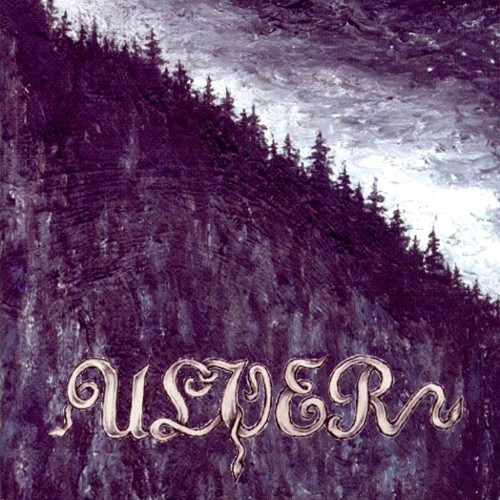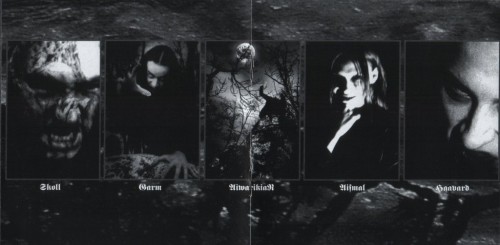Yer Metal Is Olde is a recurring thing that we’re using to fill up space while we scramble around looking for reviews of new material that is worth reviewing. The idea was spurred on by the swath of amazing and classic records that are turning 10, 20, or 30 this year. It’s crazy to think that all the stuff that we worship is really as old as it is. Time moves quickly, but these classics never seem to lose their shine. Still, their enduring quality doesn’t change that your favorite metal is fucking old. Note: our focus today, Ulver’s Bergtatt is actually only 19 years old, but it was recorded in 1994 and for some reason I thought it was released then, too. Once I’d written this retro-review, I discovered that I was wrong. While it makes it less Olde, it’s not so much less. And it certainly deserves recognition.

Ulver is best remembered in the metal scene for Nattens Madrigal, which was their first Century Media release. That record was a raw, grating and an ultimately ecstatic celebration of black metal that has become a polarizing classic in its own right. But the band’s most creative contribution to the scene was before that—1995, to be exact—their debut full-length: Bergtatt – Et eventyr i 5 capitler. This album is very much the opposite of what Nattens Madrigal was; it was an attempt to make melodic black metal, with folklore and national romanticism as a backdrop for the band’s immature—but innovative—vision of where the scene was and how they could do something novel in a sound that was already pretty well-established.
In some ways, the best way to explain the importance of Bergtatt is to point out the number of bands that have followed in Ulver’s footsteps. Because the band used clean vocals and strange harmonies, but blended those with blasts, mid-paced Bathory riffing and a lot of reverb, they created a sound that has become quite ubiquitous today. When I listen to bands like Agalloch, Cormorant, Alcest and October Falls the nods—and, to be generous, “quotations”1—to Bergtatt are numerous. And Ulver paved a way for bands that weren’t necessarily directly influenced by the band—like Vintersorg—to go their own way and be accepted. Bergtatt could be painted as the very first entry in the post-black metal movement. Musically, the album is focused on melody and atmosphere, it blends black metal with acoustics, reverb, and gorgeous, melancholic songwriting. It even eschews Satanism in text and imagery. Except Ulver was right there when it all went down; outsiders to a scene of outsiders.

Bergtatt speaks to that unique identity and a vision that black metal could be something else, with its audial storytelling. Bergtatt’s flow—moving between thoughtful acoustic parts, droning vocals, atmospheric sounds and stories while interlacing blast beats and Garm’s remarkable black metal shrieks—made the album special. The “five chapters” are intertwined admirably with each other and the story of being “taken by the mountain,” which showed a level of sophistication and a love of album construction that was a sign of things to come. “Graablick blev hun vaer” is famous for its “person walking through the snow” sounds that were later quoted on Agalloch’s The Mantle, while “Een Stemme locker” was a sign of records to come, showing off Kveldssanger’s sound already there. The title track closed the album off with a perfect statement of a blend melody and an acoustic outro that is one of the best moments on any album I own. All the music contained within is magical, mysterious and evocative; words that one would hardly have associated with the other bands of the scene.
I think it’s important to keep in mind that Bergtatt is the work of kids. These guys weren’t old, they weren’t seasoned; they were 16 and 17 when they started this band, and 18/19 when Bergtatt dropped on the famous Head Not Found label 2 years later. They were—from Garm’s own mouth—not super mature or sophisticated. While some of the ideas of Bergtatt and the rest of the trilogy might reflect that, I think it might be worth looking at the record from the other direction and admiring what it took to be outsiders in a scene of outsiders, and how cool it was that they dared to walk in a different direction. In some ways, it’s the pure essence of black metal that has been lost today in a scene of followers and orthodox purists. Ulver wasn’t following the trend, they weren’t trying to be the rawest or the darkest. They were doing their own thing—exactly like what they’re doing 20 years later. And every time I hear Bergtatt, I fall in love with it again.


















